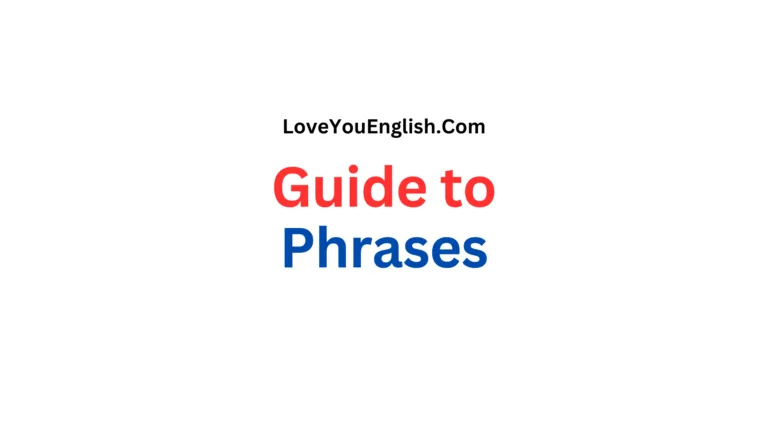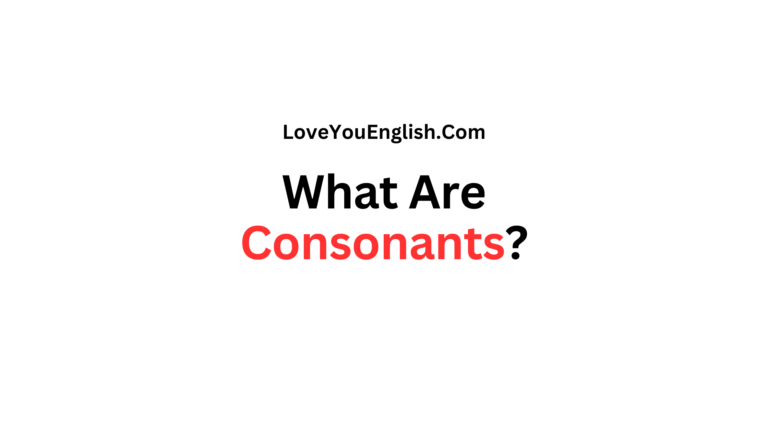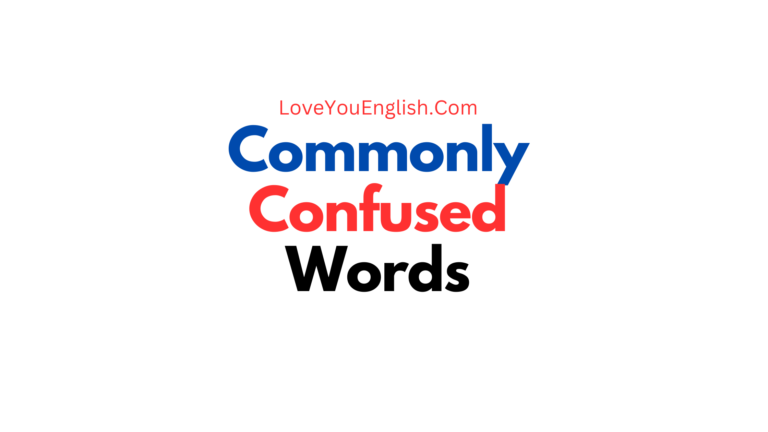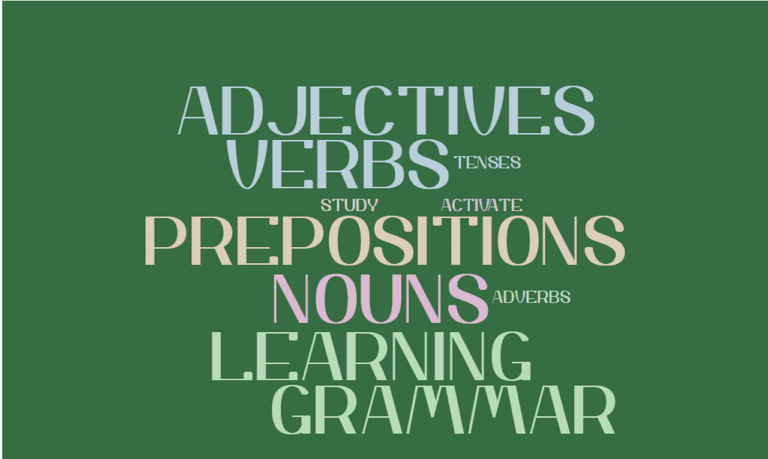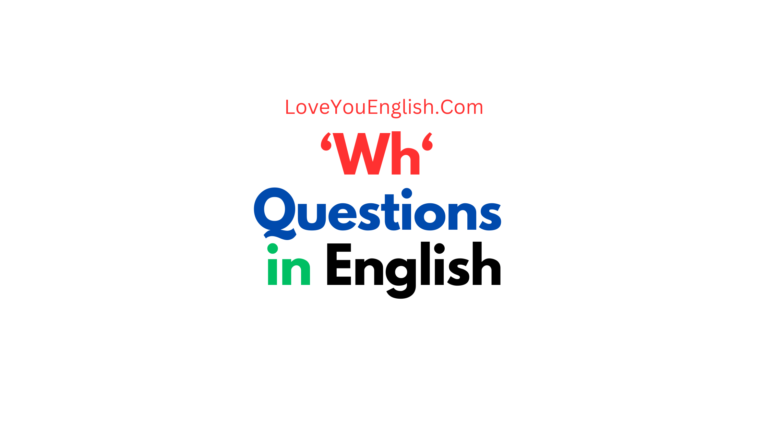Understanding and Using Tenses Correctly: A Simple Guide
Understanding and Using Tenses Correctly: A Simple Guide
Hello everyone,
Have you ever felt confused about when to use “I am,” “I was,” or “I will be” in a sentence?
You’re not alone! Many people struggle with tenses in English.
Tenses are a way to show when something happens—in the past, present, or future.
Using the right tense is key to making your writing and speaking clear.
In this lesson, I’ll break down tenses in a way that’s easy to understand, so you can use them correctly every time.
What Are Tenses?
Tenses are forms of verbs that tell us when an action happens.
They show if something:
- Already happened (past)
- Is happening now (present)
- Will happen later (future)
For example:
- Past: “I ate breakfast.”
- Present: “I am eating breakfast.”
- Future: “I will eat breakfast.”
Each tense has its own rules, but don’t worry!
We’ll go through each one step by step.
Basic Tenses: Past, Present, and Future
Let’s start with the three main tenses: past, present, and future.
Past Tense
Use past tense for actions that have already happened and are completely finished.
Simple Rule: Add “-ed” to most verbs.
Example: “walk” → “walked” (“I walked to the store.”)
Special Cases: Some verbs change in unique ways.
Example: “go” → “went” (“She went to the movies.”)
More examples: “eat” → “ate,” “see” → “saw,” “have” → “had”
Remember: Past tense is for actions that are done and over. “I finished my homework last night.”
Present Tense
Use present tense for:
- Things happening right now
- Facts that are always true
- Habits or repeated actions
Simple Rule: Use the base form of the verb for most cases.
Examples: “I eat,” “You sing,” “They work”
Special Case: For “he,” “she,” or “it,” add “-s” or “-es.”
Examples: “He eats,” “She sings,” “It works”Present tense examples:
- Happening now: “I am writing a blog post.”
- Always true: “The Earth revolves around the Sun.”
- Habit: “I brush my teeth twice a day.”
Future Tense
Use future tense for actions that will happen later.
Simple Rule: Use “will” + base form of the verb.
Examples: “I will call you,” “They will dance,” “She will teach.”
Another Way: Use “going to” + base form of the verb.
Examples: “I am going to call you,” “They are going to dance.”
Future tense shows plans or predictions:
Plan: “I will visit my grandparents next month.”
Prediction: “It will rain tomorrow.”
Continuous Tenses: Actions in Progress
Continuous tenses (also called progressive tenses) show that an action is ongoing or in progress.
Past Continuous
Use for actions that were in progress at a specific time in the past.
Rule: “was/were” + verb + “-ing”
Examples: “I was reading,” “They were playing.”
It shows Action in progress: “I was cooking when the phone rang.”
Two past actions happening at the same time: “While she was studying, he was watching TV.”
Present Continuous
Use for actions happening right now.
Rule: “am/is/are” + verb + “-ing”
Examples: “I am writing,” “She is singing,” “They are working.”
It shows:
Current action: “He is sleeping now.”
Near future plans: “We are having dinner with friends tonight.”
Future Continuous
Use for actions that will be in progress at a specific time in the future.
Rule: “will be” + verb + “-ing”
Examples: “I will be working,” “They will be traveling.”
It shows:
Future action in progress: “At 3 PM tomorrow, I will be teaching a class.”
Polite questions about future plans: “Will you be using the car this weekend?”
Perfect Tenses: Completed Actions
Perfect tenses show that an action is completed before another time or action.
Past Perfect
Use for actions completed before another time in the past.
Rule: “had” + past participle (often verb + “-ed”)
Examples: “I had finished,” “She had gone,” “They had eaten.”
It shows which action happened first:”By the time I arrived, the movie had started.” (The movie started before I arrived.)
Present Perfect
Use for:
Actions that started in the past and continue to the present
Past actions with effects in the present
Rule: “have/has” + past participle
Examples: “I have lived,” “She has worked,” “They have traveled.”
It shows:
Ongoing action: “He has lived in Paris for 10 years.” (He still lives there.)
Effect on present: “I have lost my keys.” (The effect: I can’t unlock my door now.)
Future Perfect
Use for actions that will be completed before a specific time in the future.
Rule: “will have” + past participle
Examples: “I will have finished,” “They will have arrived.”
It shows:
Future completion: “By next year, I will have graduated.” (Graduation will be done before next year.)
Perfect Continuous Tenses: Duration of Completed Actions
Perfect continuous tenses show how long an action has been happening up to a certain point.
Past Perfect Continuous
Use to show how long an action had been happening before another time in the past.
Rule: “had been” + verb + “-ing”
Examples: “I had been working,” “They had been waiting.”It emphasizes duration:”
She was tired because she had been studying for 6 hours.” (She studied for 6 hours, then felt tired.)
Present Perfect Continuous
Use to show how long an action has been happening up to now.
Rule: “have/has been” + verb + “-ing”
Examples: “I have been learning,” “He has been teaching.”
It shows:
Duration until now: “I have been working on this project for three weeks.” (I started three weeks ago and I’m still working on it.)
Future Perfect Continuous
Use to show how long an action will have been happening up to a future time.
Rule: “will have been” + verb + “-ing”
Examples: “I will have been living,” “They will have been traveling.”
It emphasizes future duration:”By July, I will have been working here for 5 years.” (In July, it will be exactly 5 years since I started working here.)
Common Tense Mistakes to Avoid
Mixing Past and Present
Using Present Instead of Future
Incorrect Continuous Tense
-
- Wrong: “I am having a car.”
- Right: “I have a car.” (Use simple present for possessions, not continuous.)
Forgetting Third-Person “-s” in Present Tense
-
- Wrong: “She sing beautifully.”
- Right: “She sings beautifully.” (Add “-s” for “she” in present tense.)
Wrong Past Participle in Perfect Tenses
Misusing Present Perfect
-
- Wrong: “I have finished my homework yesterday.”
- Right: “I finished my homework yesterday.” (Use simple past for a specific past time.)
Inconsistent Tense in a Sentence
-
- Wrong: “When I arrived home, I am making dinner.”
- Right: “When I arrived home, I made dinner.” (Both actions are past.)
Tips for Mastering Tenses
Practice with Daily Activities
Read and Listen a Lot
-
- Pay attention to tenses in books, news, or movies.
- Notice how native speakers use tenses.
Use a Tense Chart
Talk About Your Life
Correct Yourself
Ask Questions
-
- If you’re unsure, ask a teacher or friend.
- “Is it ‘I have never seen’ or ‘I never saw’ a lion?”
Use Online Quizzes
Real-Life Examples: Tenses in Action
Let’s see how tenses work in everyday situations.
Job Interview
Making Weekend Plans
-
- Present Continuous: “I am meeting my friends this Saturday.”
- Future: “We will go to the new restaurant.”
- Future Continuous: “At 8 PM, we will be enjoying our dinner.”
Talking About a Trip
Describing a Hobby
-
- Present: “I love painting.”
- Present Perfect Continuous: “I have been painting for over a decade.”
- Future: “Next month, I will showcase my art.”
At a Doctor’s Appointment
Tenses in Different Types of Writing
Tenses are used differently depending on what you’re writing.
Stories
-
- Often use past tense: “She opened the door and gasped.”
- Can use present for more vivid storytelling: “She opens the door and gasps.”
News Articles
Scientific Papers
Emails
Recipes
-
- Use simple present or imperative: “Add salt” or “You add salt.”
- Never: “You will add salt” or “You added salt.”
Resumes
Wrapping Up
Tenses might seem tricky, but they’re really just tools to show when things happen.
Think of them as a timeline:
- Left side: Past (things that already happened)
- Middle: Present (what’s happening now)
- Right side: Future (what will happen)
- Simple tenses (past, present, future) mark the basic spots.
- Continuous tenses show actions in progress.
- Perfect tenses link actions across different times.
The key is practice. The more you use tenses in real life—talking about your day, making plans, telling stories—the more natural they’ll feel.
Don’t worry about being perfect right away.
Even small improvements in your tense usage will make your English clearer and more effective.
So go ahead, play with tenses in your daily life.
Before you know it, you’ll be a tense master, telling your life’s story with precision and style.
Keep practicing, and most importantly, keep communicating!

